12 Delicious Foods That Magically Lower Bad Cholesterol
Heart health is a vital aspect of overall well-being, intricately linked to our lifestyle choices, particularly our diet. With cardiovascular diseases being a leading cause of death globally, understanding how to maintain a healthy heart has never been more important. Cholesterol levels, specifically low-density lipoprotein (LDL) cholesterol often dubbed "bad cholesterol," play a crucial role in heart health. Elevated LDL cholesterol can lead to plaque buildup in arteries, increasing the risk of heart attacks and strokes. Fortunately, nature provides us with a bounty of foods that can help manage cholesterol levels. This article explores 12 delicious foods that not only tantalize the taste buds but also work wonders for heart health by lowering bad cholesterol. Prepare to embark on a flavorful journey that promises to enrich your palate and protect your heart.
1. Oats: The Fiber Powerhouse
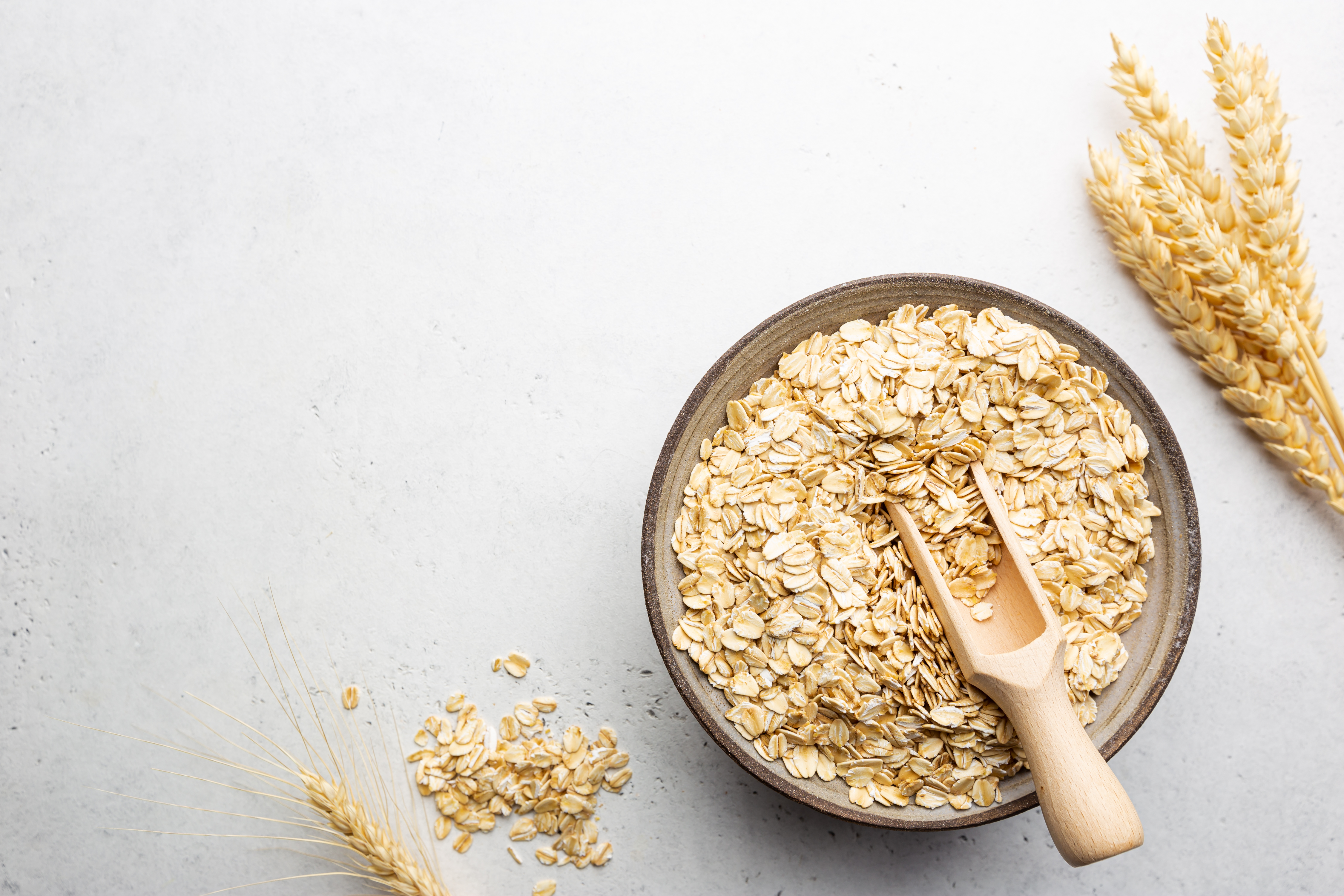
Oats are a staple breakfast choice for many, and for good reason. They are rich in beta-glucan, a type of soluble fiber that has been shown to reduce LDL cholesterol. Studies suggest that consuming just 3 grams of beta-glucan daily can lower LDL cholesterol by up to 10%. This fiber forms a gel-like substance in the gut, which binds to cholesterol-rich bile acids and removes them from the body. Incorporating oats into your diet is simple and versatile. Enjoy them as oatmeal, add them to smoothies, or use them in baking. The key is consistency; regular consumption is essential to reap the benefits. Oats not only support heart health but also provide sustained energy, making them an excellent choice for starting your day.
2. Nuts: Nature's Crunchy Cholesterol Fighters

Nuts, including almonds, walnuts, and pistachios, are not only delicious but also packed with heart-healthy nutrients. They are rich in unsaturated fats, which help reduce LDL cholesterol while maintaining HDL cholesterol. Additionally, nuts contain fiber, plant sterols, and L-arginine, an amino acid that supports artery health. Studies indicate that consuming a handful of nuts daily can lower LDL cholesterol by 5%. Nuts are a convenient snack option and can also be added to salads, yogurt, or oatmeal for an added crunch. However, moderation is key, as nuts are calorie-dense. Opt for unsalted, raw, or dry-roasted varieties to maximize health benefits.
3. Fatty Fish: Omega-3 Rich Delicacies

Fatty fish, such as salmon, mackerel, and sardines, are renowned for their high omega-3 fatty acid content. Omega-3s are essential fats that the body cannot produce on its own. They play a crucial role in reducing inflammation, lowering triglyceride levels, and improving overall heart health. Research shows that consuming fatty fish at least twice a week can significantly reduce the risk of heart disease. Omega-3s work by decreasing the production of LDL cholesterol and increasing HDL cholesterol. Incorporating fatty fish into your diet is not only beneficial for your heart but also supports brain health. Enjoy grilled, baked, or poached fish for a heart-healthy meal.
4. Avocado: The Creamy Cholesterol Buster
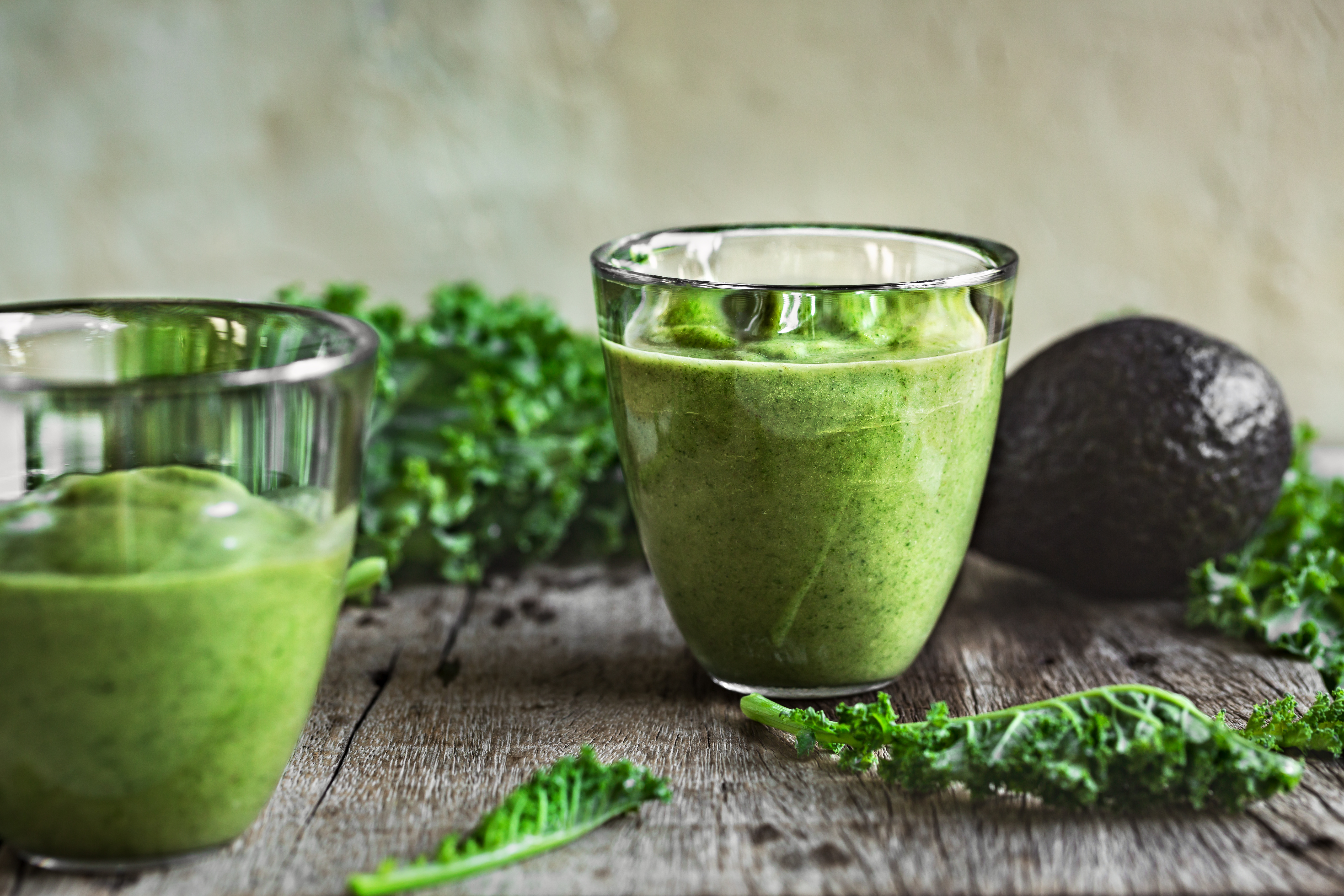
Avocado, often hailed as a superfood, is a rich source of monounsaturated fats, which are known to lower LDL cholesterol while maintaining HDL cholesterol. It also contains fiber and antioxidants, making it a powerful ally in heart health. A study published in the Journal of the American Heart Association found that consuming one avocado daily can lower LDL cholesterol levels in overweight individuals. Avocados are incredibly versatile; they can be added to salads, smoothies, or enjoyed on whole-grain toast. Their creamy texture and mild flavor make them a delicious addition to a heart-healthy diet. Incorporating avocados into your meals not only supports cholesterol management but also promotes satiety and weight management.
5. Olive Oil: Liquid Gold for the Heart

Olive oil, particularly extra virgin olive oil, is a cornerstone of the Mediterranean diet, renowned for its heart-protective properties. It is rich in monounsaturated fats and antioxidants, which help reduce LDL cholesterol and inflammation. The polyphenols in olive oil also support endothelial function, improving blood vessel health. Research indicates that replacing saturated fats with olive oil can lower the risk of heart disease. Incorporate olive oil into your diet by using it as a salad dressing, drizzling it over vegetables, or using it for cooking. Its robust flavor enhances dishes while providing numerous health benefits. Opt for high-quality, cold-pressed olive oil to maximize its nutritional value.
6. Legumes: The Plant-Based Protein Powerhouses
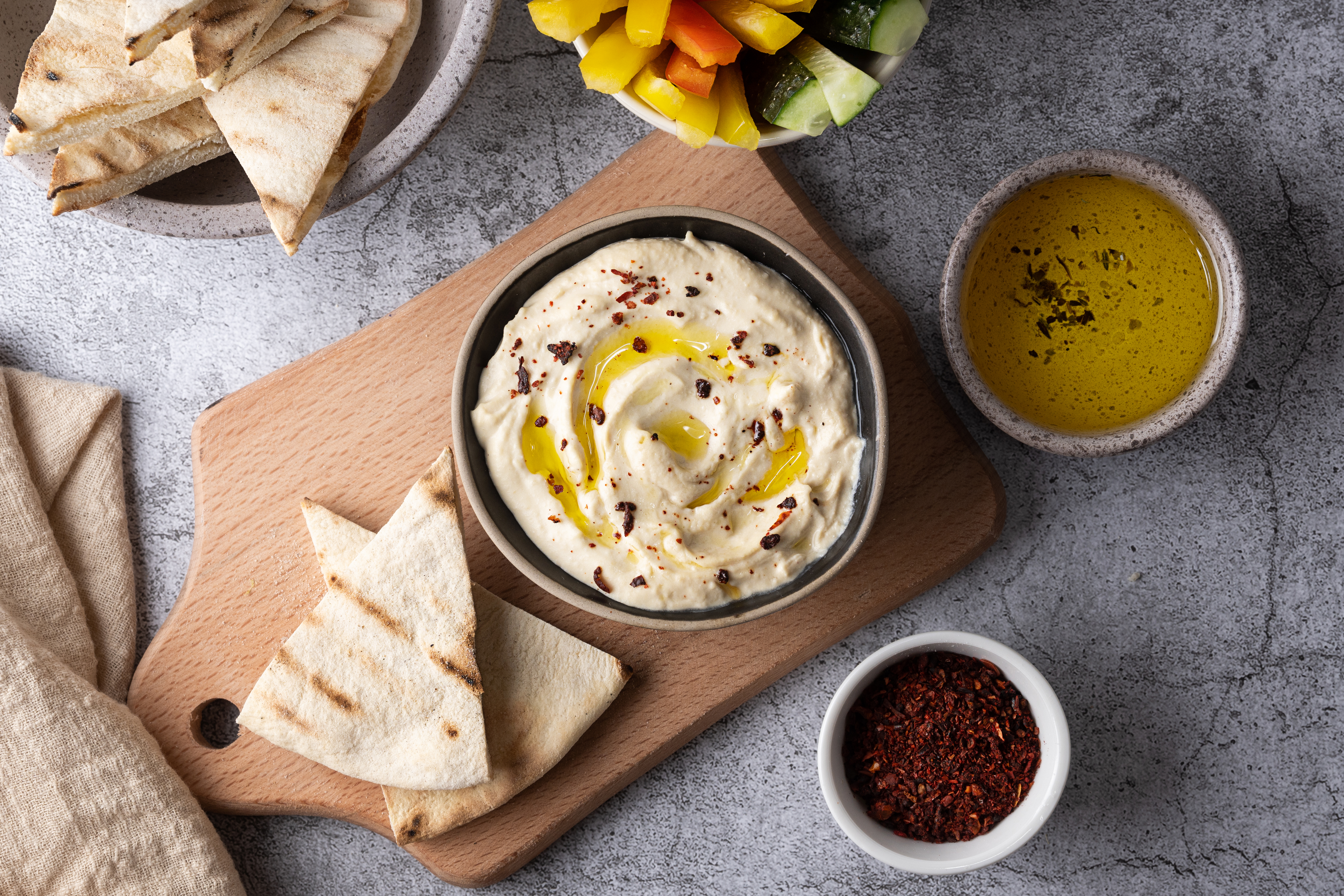
Legumes, including beans, lentils, and chickpeas, are excellent sources of plant-based protein and soluble fiber. They have a low glycemic index, making them ideal for blood sugar management and heart health. The soluble fiber in legumes binds to cholesterol and helps remove it from the body, effectively lowering LDL cholesterol levels. Studies have shown that consuming legumes regularly can reduce the risk of heart disease and improve overall cardiovascular health. Legumes are incredibly versatile and can be used in soups, salads, stews, or as a meat substitute in various dishes. Their rich nutrient profile and ability to promote satiety make them a valuable addition to any heart-healthy diet.
7. Berries: Antioxidant-Rich Heart Protectors
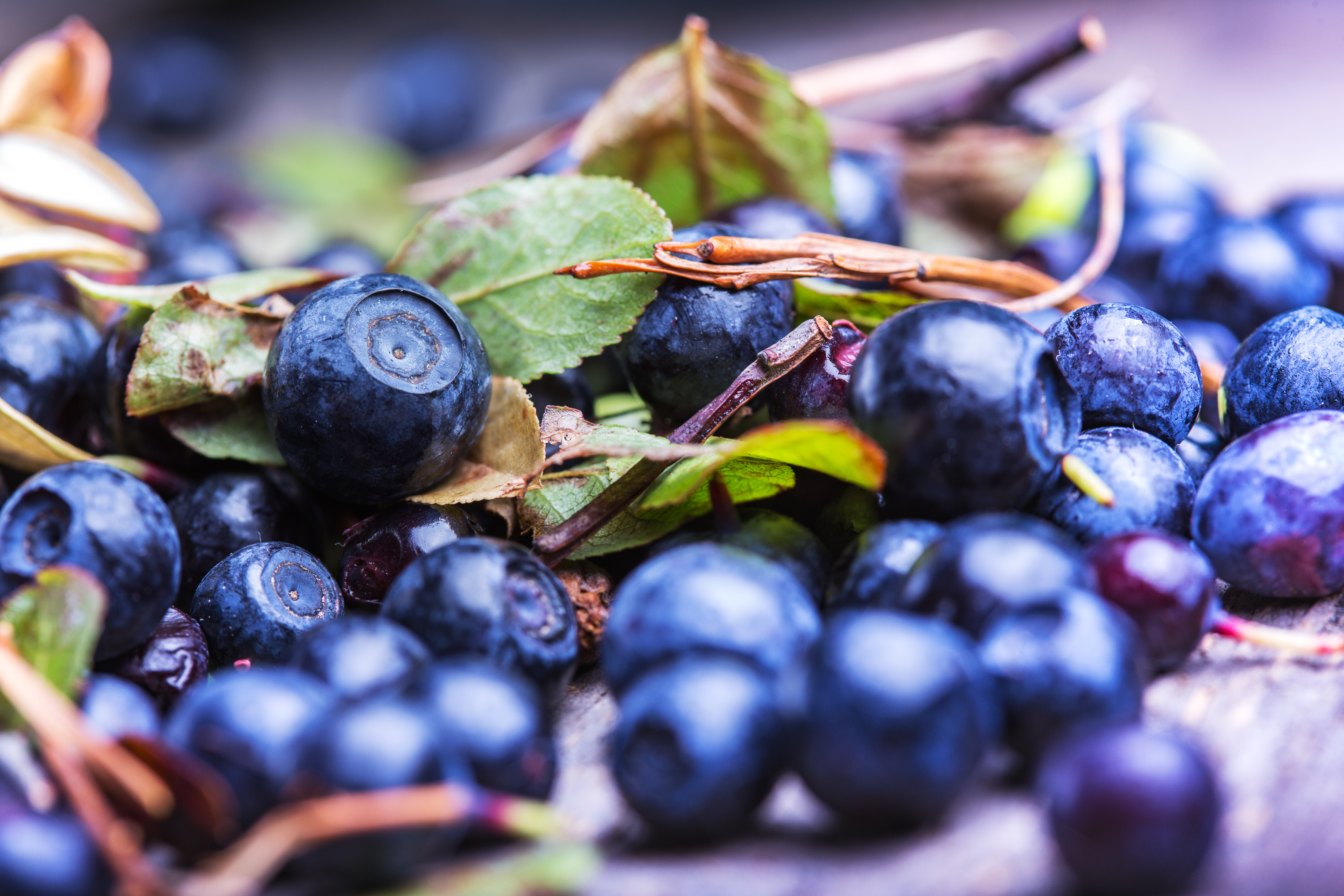
Berries, such as blueberries, strawberries, and raspberries, are not only delicious but also packed with antioxidants, fiber, and vitamins. These nutrients play a crucial role in reducing oxidative stress and inflammation, both of which contribute to heart disease. The polyphenols in berries have been shown to improve endothelial function and reduce LDL cholesterol oxidation. Studies suggest that consuming berries regularly can lower blood pressure and improve heart health. Enjoy berries as a snack, add them to yogurt or oatmeal, or blend them into smoothies. Their natural sweetness and vibrant colors make them a delightful addition to a heart-healthy diet.
8. Dark Chocolate: A Sweet Treat for the Heart

Dark chocolate, when consumed in moderation, can be a heart-healthy treat. It is rich in flavonoids, particularly flavanols, which have been shown to improve blood flow, reduce blood pressure, and lower LDL cholesterol. The antioxidants in dark chocolate also help reduce inflammation and improve endothelial function. Choose dark chocolate with at least 70% cocoa content to maximize health benefits. Enjoy a small piece as a dessert or use it in baking for a heart-healthy twist. While dark chocolate can support heart health, it is essential to consume it mindfully, as it is calorie-dense and often contains added sugars.
9. Green Tea: The Heart-Healthy Elixir
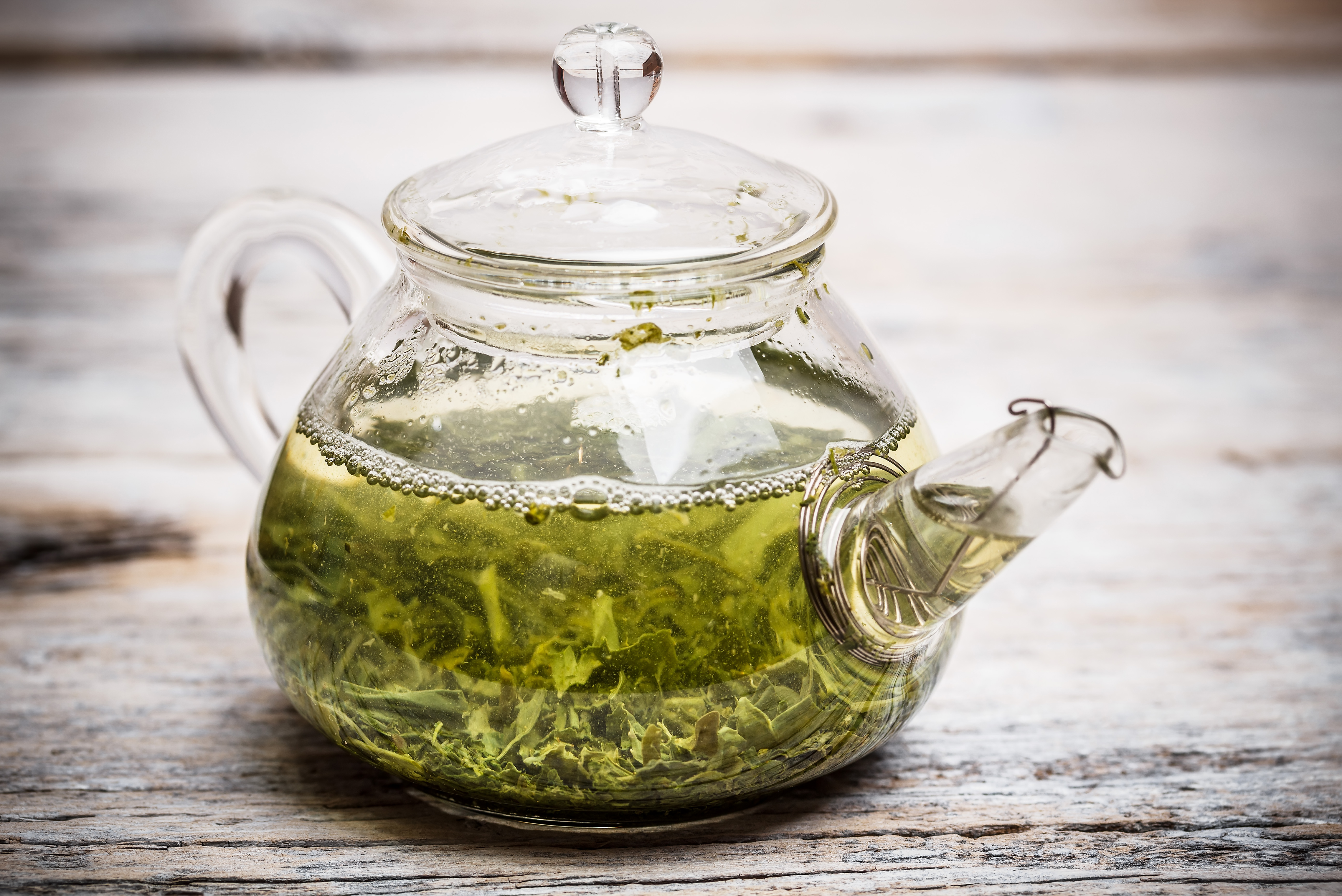
Green tea is a popular beverage known for its numerous health benefits, including its ability to lower LDL cholesterol. It is rich in catechins, a type of antioxidant that helps reduce cholesterol absorption in the intestines. Studies have shown that regular consumption of green tea can lower LDL cholesterol and improve overall heart health. Green tea also supports weight management and boosts metabolism, making it a valuable addition to a heart-healthy lifestyle. Enjoy green tea hot or iced, and consider adding lemon or honey for added flavor. Its soothing properties and refreshing taste make it a delightful way to support heart health.
10. Whole Grains: The Heart's Best Friend

Whole grains, such as brown rice, quinoa, and whole wheat, are rich in fiber, vitamins, and minerals that support heart health. They contain both soluble and insoluble fiber, which helps lower LDL cholesterol and promote digestive health. Whole grains also have a low glycemic index, making them ideal for blood sugar management. Research indicates that consuming whole grains regularly can reduce the risk of heart disease and improve overall cardiovascular health. Incorporate whole grains into your diet by choosing whole-grain bread, pasta, and cereals. Their nutty flavor and hearty texture make them a satisfying and nutritious choice for any meal.
11. Garlic: The Pungent Heart Protector
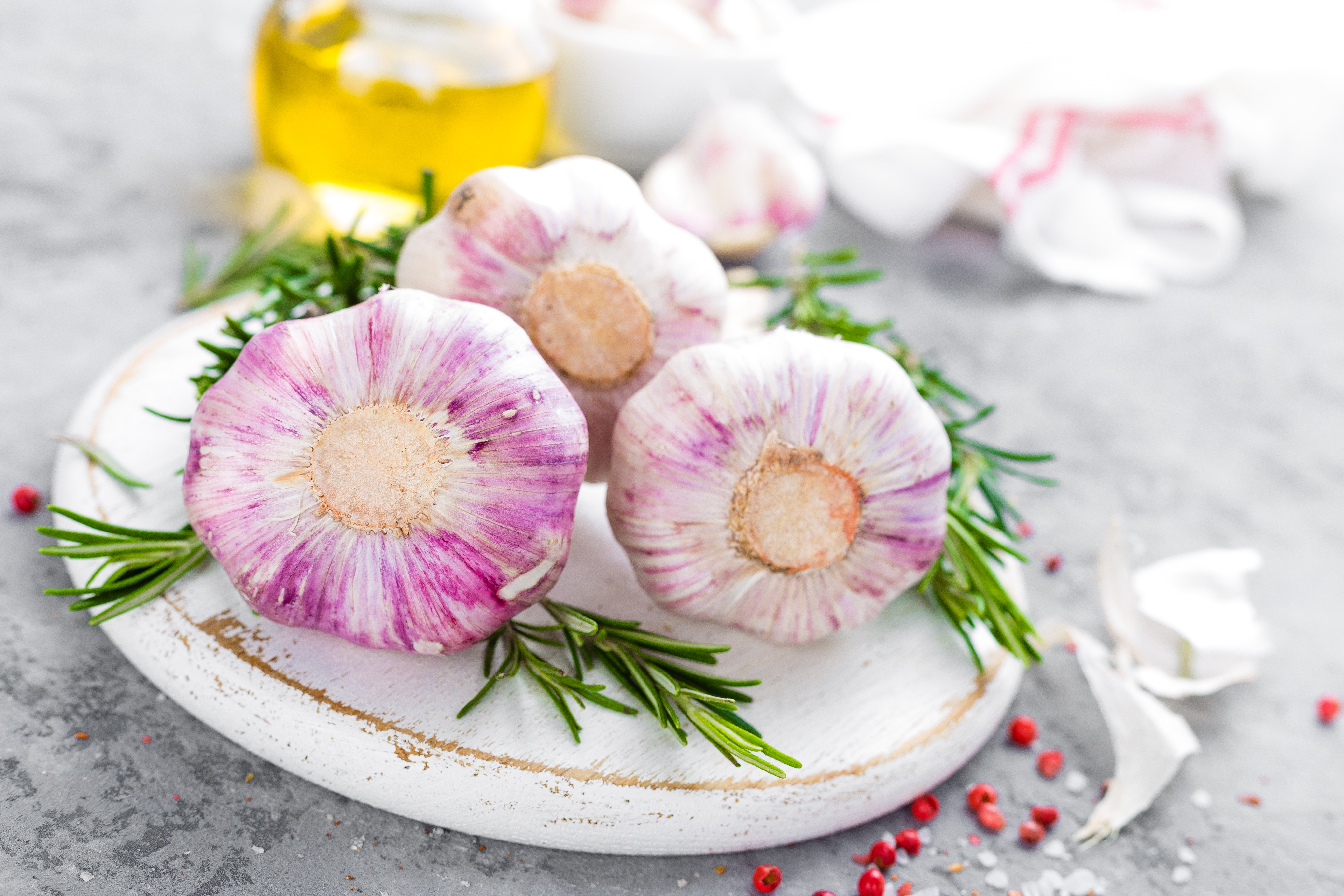
Garlic has been used for centuries for its medicinal properties, particularly its ability to support heart health. It contains allicin, a sulfur compound that has been shown to reduce LDL cholesterol and improve blood vessel health. Studies suggest that consuming garlic regularly can lower blood pressure and reduce the risk of heart disease. Garlic is incredibly versatile and can be used in cooking to add flavor to a variety of dishes. Whether roasted, sautéed, or used raw, garlic enhances the taste of meals while providing numerous health benefits. Its pungent aroma and bold flavor make it a popular choice for heart-healthy cooking.
12. Soy: The Plant-Based Cholesterol Reducer
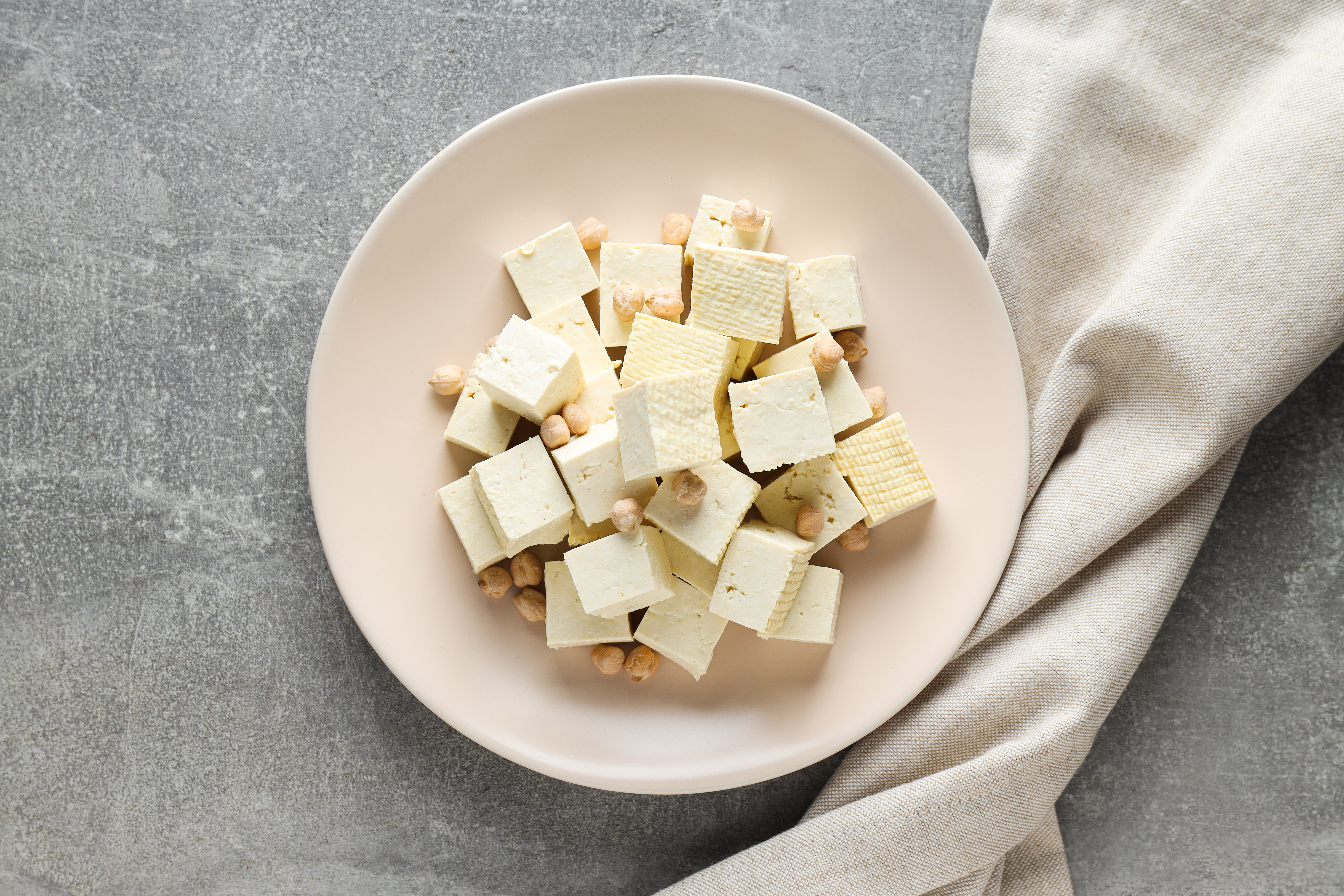
Soy products, such as tofu, tempeh, and soy milk, are excellent sources of plant-based protein and have been shown to lower LDL cholesterol. They contain isoflavones, which have antioxidant properties and support heart health. Research indicates that consuming soy products regularly can reduce the risk of heart disease and improve overall cardiovascular health. Soy is incredibly versatile and can be used in a variety of dishes, from stir-fries to smoothies. Its mild flavor and ability to absorb other flavors make it a popular choice for plant-based cooking. Incorporating soy products into your diet not only supports heart health but also provides a sustainable protein source.
A Heart-Healthy Journey Through Flavor

Embarking on a journey to heart health through diet is both rewarding and delicious. The 12 foods highlighted in this article offer a diverse array of flavors and textures, making it easy to incorporate them into your daily meals. By understanding the unique properties of each food and their role in cholesterol management, individuals can make informed dietary choices that support heart health. From the fiber-rich oats and legumes to the antioxidant-packed berries and green tea, each food contributes to a holistic approach to cardiovascular well-being. As you savor these foods, remember that consistency and balance are key. Embrace the journey, and enjoy the benefits of a heart-healthy lifestyle that nourishes both body and soul.